The Willpower Instinct by Kelly McGonigal shows you how to use willpower both ways – to stop bad habits (“I won’t” power), and to start good habits (“I will” power). Out of all the books on how to build your self-control, this is my favorite, and the one I recommend the most. There are two reasons why: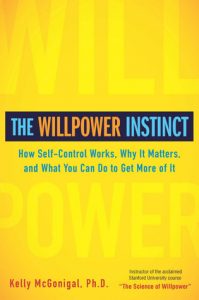
[Read this review on Amazon]
First, this is the most optimistic of all the books about self-control. After reading what some people say about willpower, you might be left with the impression that if willpower is a limited resource, and if you deplete it, especially if you have lots of stress in your life, you are pretty much out of luck. (That’s why you hear things like “willpower is overrated” so often).
McGonigal, on the other hand, while acknowledging the limits of willpower, goes on to tell us how to strengthen our willpower and avoid depleting it in the first place. She also reminds us that the more we use our willpower, the easier it gets in the future, and that just like muscles, we can train our brains to get stronger at self-control.
Second, I found that The Willpower Instinct is the book providing the most practical recommendations. The author is a Stanford Psychology professor and her book is based on science, but she doesn’t stop at reporting the experiments, she translates study results into action strategies. You are urged to be your own scientist, and try your own willpower experiments, keeping the ones that help the most, and discarding any that don’t.
The book begins by explaining what willpower is and why it matters:
You learn that your challenge could come in the form of “I will,” which is doing something good for you that you’ve been avoiding, or “I won’t,” which is stopping a bad behavior or habit. It could also include “I want,” which is remembering an important goal when it matters most.
Willpower, she says, is about harnessing all three of these powers – I will, I won’t, I want – to reach your goals and avoid trouble.
Willpower matters because everyone has self-control struggles, and most people feel like willpower failures; they feel in control one moment, and out of control the next. Most people also believe lack of willpower is the biggest reason they fail to achieve their goals in one or more areas including health, fitness, money, career, academics, time management and relationships.
McGonigal suggests that the best way to understand self-control is to understand why you lose it. This theme recurs throughout the book, as it highlights willpower traps and willpower mistakes.
Some chapters I found especially helpful as well as fascinating…
Chapter four is about moral licensing, where you learn why we justify being bad because we did something good (“I just ran 7 miles, so I deserve this extra pizza!”).
In chapter six you learn how to defeat the diet trap called the What the hell effect (“I already blew my diet with that piece of cake, so WTH, might as well eat the whole thing”). You also learn the key to breaking the cycle and dealing with the inevitable failures and slip ups, which is (spoiler)… self compassion and forgiveness instead of guilt and self-criticism.
In chapter eight, titled, Infected! Why Willpower is contagious- you learn about the massive impact of social influence. One study cited found that obesity spreads through social networks. If a friend becomes obese, a person’s odds of also becoming obese increase by 171%.
Fortunately it works both ways. If you hang out with a group of people who are setting goals and taking on challenges, you are more likely to join in and succeed yourself. Goals are infectious, and hanging out with the right people can increase your willpower. It pays to be in the right social circle.
And in chapter nine, titled, “Don’t read this chapter,” you learn about “ironic rebound” – how trying not to think about something only makes you think about it more. (Suppression is not effective, and you need other strategies to manage negative thoughts and emotions). This concept has a lot of importance to dieters, because a corollary is food restriction may cause you to think about eating the forbidden foods even more. In that context, this principle supports the contention that “Diets don’t work” (and they may make things worse).
Other strategies to boost willpower recommended and explained in the book include awareness, meditation, relaxation, breath control, exercise, proper nutrition (including maintaining blood sugar), time in nature, and willpower training. You also learn how to deal with traps that weaken your willpower including distraction, stress, anxiety, depression, sleep deprivation, and being surrounded by triggers (food etc).
The book is filled with practical strategies that can help you avoid distraction, resist temptation, control impulses, end procrastination, change habits, and control your attention, emotions and desires, in every area of your life.
McGonigal does a great job teaching and writing for the layperson.
Scientific writing on psychology topics can sometimes be really dry. The Willpower Instinct, on the other hand, was an easy and entertaining read. I read it cover to cover in just a few sittings. Then I read it again, and marked it up with notes and highlighter.
This book goes in my highly recommended, if not “Must-Read” category for fitness and diet enthusiasts, because I feel that anyone who learns learn and adopts these mental training strategies to gain more self control, will be more effective and successful at applying what they already know about training and nutrition, but previously had a hard time doing.
Even more inspiring, McGonigal writes with empathy and makes sure you know you are not alone: “Everyone struggles in some way with temptation, addiction, distraction, and procrastination. These are not individual weakness that reveal our personal inadequacies – they are universal experiences and part of the human condition.”
The potential benefits to be gained by mastering self-control are so huge, this is a book you’ll not want to skim. Take your time and study this one.
The Willpower Instinct is available in hard cover, paperback and kindle ebook at Amazon: http://amzn.to/2iDo60S.
Review written by Tom Venuto

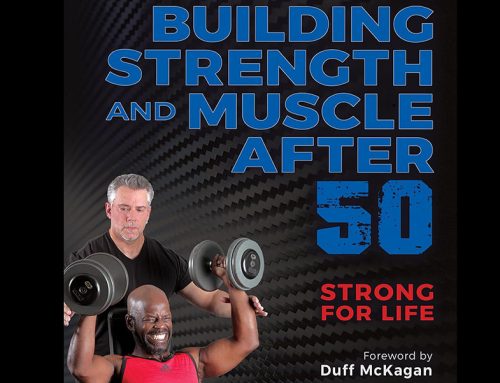
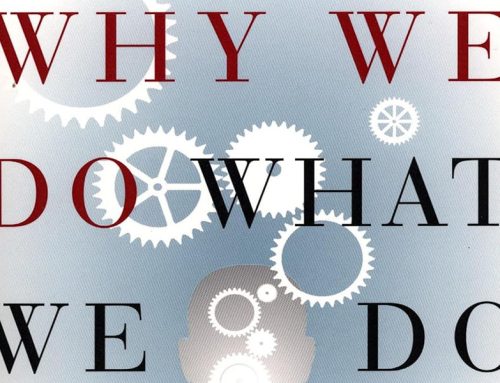
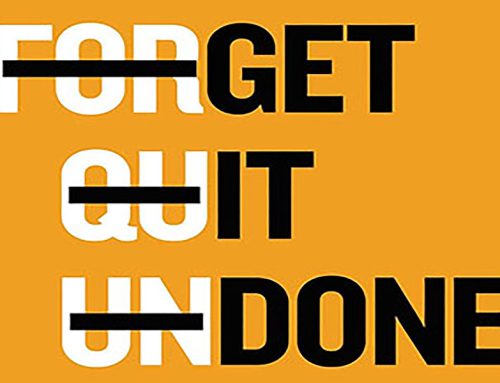
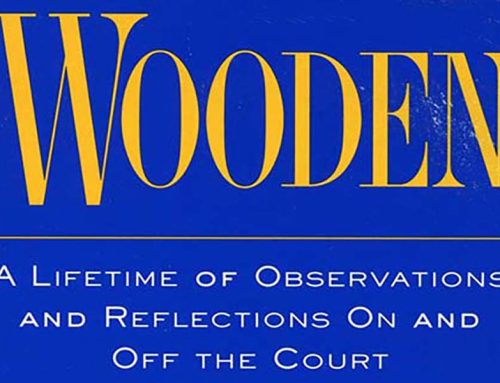
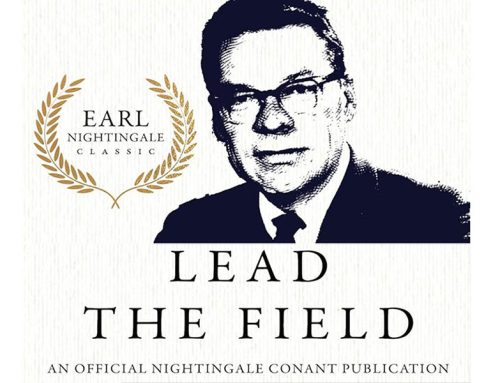
Leave A Comment